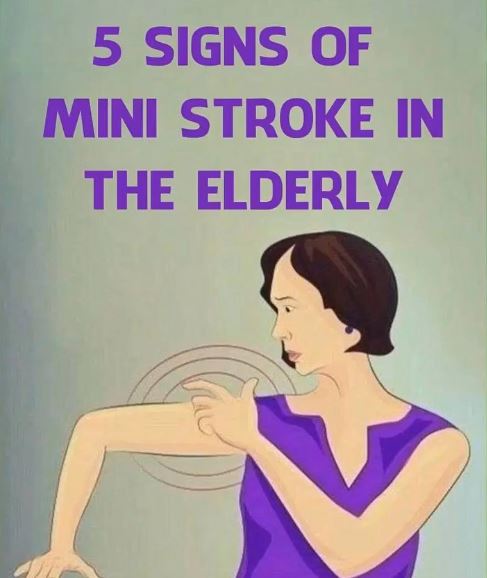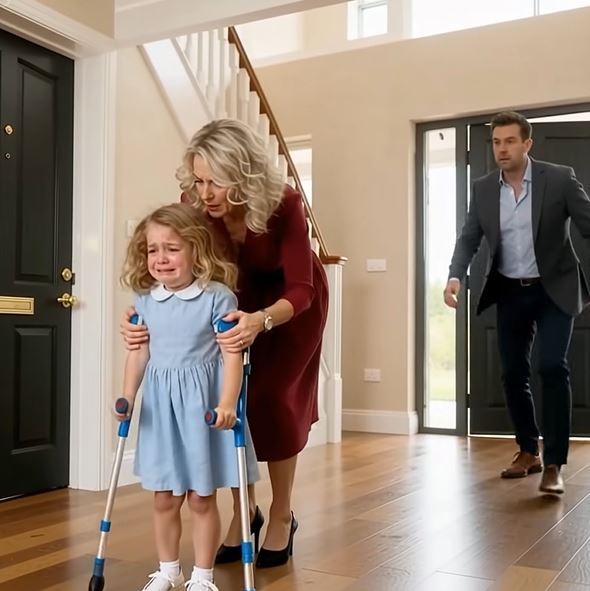Caring for an aging family member means being attuned to the subtle shifts in their health and well-being. Often, we learn to expect certain changes, but it is vital to know which signs are red flags. Sudden episodes of confusion, slurred speech, or clumsiness are frequently misinterpreted as simple aging or a temporary lapse. However, these can be the hallmark signs of a transient ischemic attack (TIA), or mini-stroke—a serious warning that demands immediate attention and action.
The challenge with a TIA is that its symptoms are often brief. Your parent might struggle to find words for a few minutes and then return to normal, or they may have a sudden dizzy spell that quickly passes. Because they recover, it’s tempting to downplay the event and label it a “senior moment” or a “bad day.” This is a dangerous assumption. A mini-stroke is a clear signal that the brain’s blood supply was compromised, and it significantly increases the risk of a major stroke in the following hours, days, or weeks.
As a caregiver, your vigilance is their first line of defense. Be on the lookout for the sudden onset of specific symptoms: one-sided facial drooping, arm weakness, speech difficulty, and vision changes. Use the FAST acronym as a guide—Face, Arms, Speech, Time. If you observe any of these, note the time and call emergency services immediately. Do not drive them to the hospital yourself; paramedics can begin life-saving care en route. Your calm and prompt response can make all the difference.
After a TIA, management focuses on preventing a future stroke. This will involve medical tests to identify the cause, which could be narrowed arteries, a heart condition, or a blood clotting issue. Treatment often includes medications and significant lifestyle adjustments. As a caregiver, you become a partner in this process, helping to manage medications, prepare healthier meals, and encourage gentle physical activity. This proactive approach is empowering and directly contributes to your loved one’s long-term safety and quality of life.
Remember, your role is not to diagnose but to recognize potential danger and act swiftly. Trust your instincts. If something seems suddenly and profoundly wrong, even if it fades, it is always better to seek medical evaluation. Viewing a mini-stroke not as a scare to be forgotten, but as a critical warning to be heeded, can be the decisive factor in protecting your loved one from a devastating major stroke.


